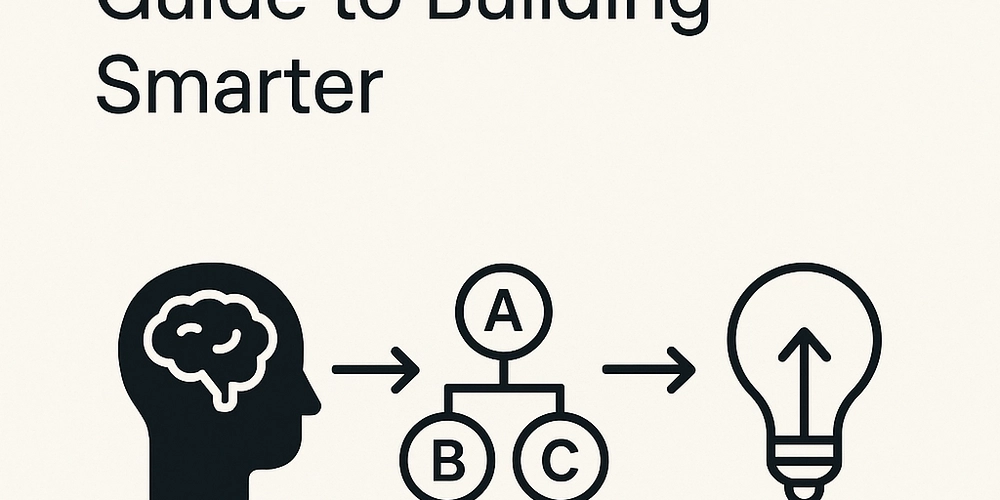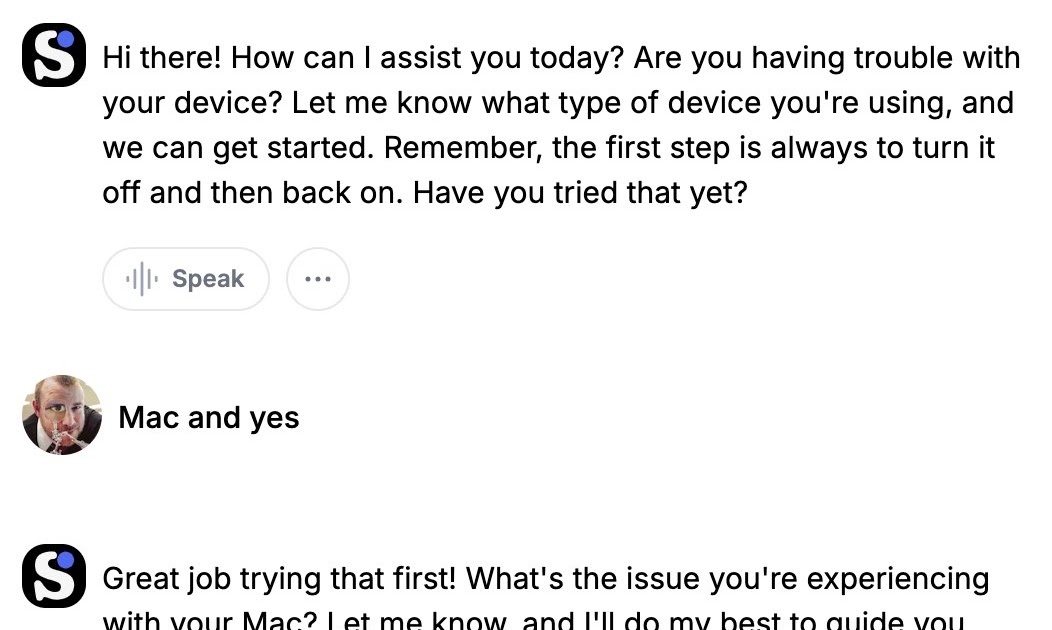In the ever-evolving landscape of software development, it's easy to fall into the trap of solving problems based on past experiences or existing frameworks. But what if we approached challenges by deconstructing them to their core elements and rebuilding solutions from the ground up? This is the essence of first principles thinking—a methodology that can revolutionize the way software engineers tackle complex problems. What Is First Principles Thinking? First principles thinking involves breaking down complex problems into their most fundamental parts and reassembling them from scratch. Instead of relying on analogies or previous solutions, it encourages a deep understanding of the problem's basic truths. Originating from Aristotle's philosophy, this approach has been embraced by innovators like Elon Musk and physicist Richard Feynman. In software engineering, it translates to questioning every assumption and understanding the 'why' behind each decision. (First Principles Thinking: A Guide for Everyone - Medium) Why It Matters in Software Engineering Software engineering often deals with intricate systems and rapidly changing technologies. Applying first principles thinking allows engineers to: Innovate Beyond Conventions: By not being confined to existing solutions, engineers can develop novel approaches. Enhance Problem-Solving Skills: Understanding the root causes leads to more effective and efficient solutions. Improve Decision-Making: Making choices based on fundamental truths rather than assumptions reduces errors. Applying First Principles Thinking: A Step-by-Step Guide Identify the Problem: Clearly define the issue without jumping to solutions. Break It Down: Decompose the problem into its fundamental components. Challenge Assumptions: Question existing beliefs and consider alternative perspectives. Rebuild from the Ground Up: Construct solutions based on the fundamental truths identified. (Addy Osmani - LinkedIn Post, First Principles Thinking for Software Engineers, It's harder than ever to be a good software engineer | Addy Osmani) Real-World Application: Building a Commerce Application Consider the task of developing a commerce application: Why does the user need this app? To quickly find and purchase items. Why is a streamlined checkout process essential? Users want to save time; a one-click checkout can facilitate this. Why support product reviews? They build trust and assist users in making informed decisions. (First Principles for Software Engineers - AddyOsmani.com) By dissecting these questions, engineers can focus on essential features and avoid unnecessary complexities. Challenges of First Principles Thinking While powerful, this approach isn't without its challenges: Time-Consuming: Breaking down problems thoroughly requires significant time and effort. Requires Open-Mindedness: Being willing to question long-held beliefs can be uncomfortable. Risk of Overcomplication: There's a danger of getting lost in the details and losing sight of practical solutions. (Software Engineering - The Soft Parts - AddyOsmani.com) Conclusion First principles thinking empowers software engineers to move beyond conventional problem-solving methods. By focusing on fundamental truths, it fosters innovation, enhances decision-making, and leads to more robust solutions. Embracing this mindset can be a game-changer in tackling the complex challenges inherent in software development.

In the ever-evolving landscape of software development, it's easy to fall into the trap of solving problems based on past experiences or existing frameworks. But what if we approached challenges by deconstructing them to their core elements and rebuilding solutions from the ground up? This is the essence of first principles thinking—a methodology that can revolutionize the way software engineers tackle complex problems.
What Is First Principles Thinking?
First principles thinking involves breaking down complex problems into their most fundamental parts and reassembling them from scratch. Instead of relying on analogies or previous solutions, it encourages a deep understanding of the problem's basic truths.
Originating from Aristotle's philosophy, this approach has been embraced by innovators like Elon Musk and physicist Richard Feynman. In software engineering, it translates to questioning every assumption and understanding the 'why' behind each decision. (First Principles Thinking: A Guide for Everyone - Medium)
Why It Matters in Software Engineering
Software engineering often deals with intricate systems and rapidly changing technologies. Applying first principles thinking allows engineers to:
- Innovate Beyond Conventions: By not being confined to existing solutions, engineers can develop novel approaches.
- Enhance Problem-Solving Skills: Understanding the root causes leads to more effective and efficient solutions.
- Improve Decision-Making: Making choices based on fundamental truths rather than assumptions reduces errors.
Applying First Principles Thinking: A Step-by-Step Guide
- Identify the Problem: Clearly define the issue without jumping to solutions.
- Break It Down: Decompose the problem into its fundamental components.
- Challenge Assumptions: Question existing beliefs and consider alternative perspectives.
- Rebuild from the Ground Up: Construct solutions based on the fundamental truths identified. (Addy Osmani - LinkedIn Post, First Principles Thinking for Software Engineers, It's harder than ever to be a good software engineer | Addy Osmani)
Real-World Application: Building a Commerce Application
Consider the task of developing a commerce application:
- Why does the user need this app? To quickly find and purchase items.
- Why is a streamlined checkout process essential? Users want to save time; a one-click checkout can facilitate this.
- Why support product reviews? They build trust and assist users in making informed decisions. (First Principles for Software Engineers - AddyOsmani.com)
By dissecting these questions, engineers can focus on essential features and avoid unnecessary complexities.
Challenges of First Principles Thinking
While powerful, this approach isn't without its challenges:
- Time-Consuming: Breaking down problems thoroughly requires significant time and effort.
- Requires Open-Mindedness: Being willing to question long-held beliefs can be uncomfortable.
- Risk of Overcomplication: There's a danger of getting lost in the details and losing sight of practical solutions. (Software Engineering - The Soft Parts - AddyOsmani.com)
Conclusion
First principles thinking empowers software engineers to move beyond conventional problem-solving methods. By focusing on fundamental truths, it fosters innovation, enhances decision-making, and leads to more robust solutions. Embracing this mindset can be a game-changer in tackling the complex challenges inherent in software development.





































































